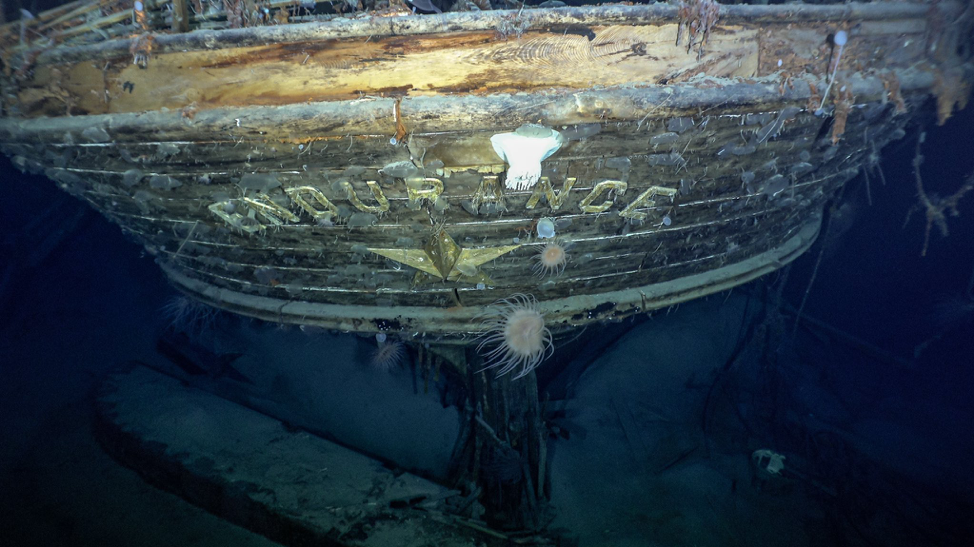Why Leadership Matters

You might have seen the news this week that Ernest Shackleton’s ship, the Endurance, was discovered in Antarctica after sinking more than 107 years ago. Searchers found the ship 9,842 feet below the surface of the Weddell Sea on the northern coast of Antarctica.
While the discovery is considered a significant historical find, I can’t help thinking about the man behind the ship, Ernest Shackleton. He was a man who faced the ultimate leadership test and came out on top. His actions demonstrate why leadership is so important, especially when things go tragically wrong.
If you know the story, Shackleton and his crew of 27 men left England in 1914 on an expedition to cross Antarctica on foot. But the mission failed.
Five months into the journey, the Endurance became hopelessly stuck in the thick, impenetrable ice in the Weddell Sea. Nine months later, the shifting ice crushed the Endurance leaving Shackleton and his crew stranded on the ice flows.
With no hope for rescue, Shackleton faced one of the most challenging leadership tests in history. His mission to transit Antarctica was over, but he had a new goal - keep his crew alive.
He led his team in the most brutal conditions on the shrinking ice pack for six months. Eventually, they reached the uninhabited and remote Elephant Island. From there, Shackleton and five crew members set sail in a 23-foot-long open lifeboat to get help. They needed to travel more than 800 miles to reach the whaling stations on South Georgia island.
Shackleton and his men endured storms, heavy seas, 50 mph winds, and ice build-ups on the hull that threatened to capsize their vessel. One of his crew later said, “It was the most amazing suffering.”
Two weeks later, they reached South Georgia, where Shackleton arranged a rescue of his remaining crew on Elephant Island.
On August 30th, 1916, the remaining crew members were rescued more than two years after they left England. Every one of his crew of 27 men survived the ordeal.
Ernest Shackleton proved why one leader can make a difference. Consider these five leadership traits Shackleton demonstrated:
He didn’t panic. He just changed the mission. When it was clear that they would no longer be able to carry out the expedition’s mission, Shackleton pivoted to a new goal of getting his men home. He made sure everyone knew the new mission.
He provided hope. By focusing on the new mission and formulating a plan to carry it out, he sparked hope in his team. Without Shackleton’s leadership, his team might have died hopelessly on that ice pack.
He took care of morale. His men faced brutal conditions with limited supplies and food. Shackleton kept things light with humor and kept his crew occupied with assigned work. He did his best to meet the needs of everyone on his crew. He knew that if morale faltered, so would their chances of survival.
He led from the front. Shackleton suffered as much if not more than his crew during those two years. He personally led the mission to South Georgia in a small open boat in the Antarctic because it provided the best chance of rescue.
He never gave up. Despite every obstacle put in his path, he never gave up. His men were motivated by his steadfast persistence.
When Shackleton was later asked about how he overcame all the challenges he faced on that ill-fated expedition, he had the most humble answer. He said, “Difficulties are just things to overcome, after all.”
I encourage you to read more about the Endurance Expedition. One of my favorite books is Shackleton’s Way: Leadership Lessons from the Great Antarctic Explorer by Margot Morrell.
Shackleton’s story provides us a great example of why leadership matters.
One leader can make a difference in any situation and any organization. So, the question is: What can you do today to make a difference with your team?
[Photo credit: Falklands Maritime Heritage Trust and National Geographic]